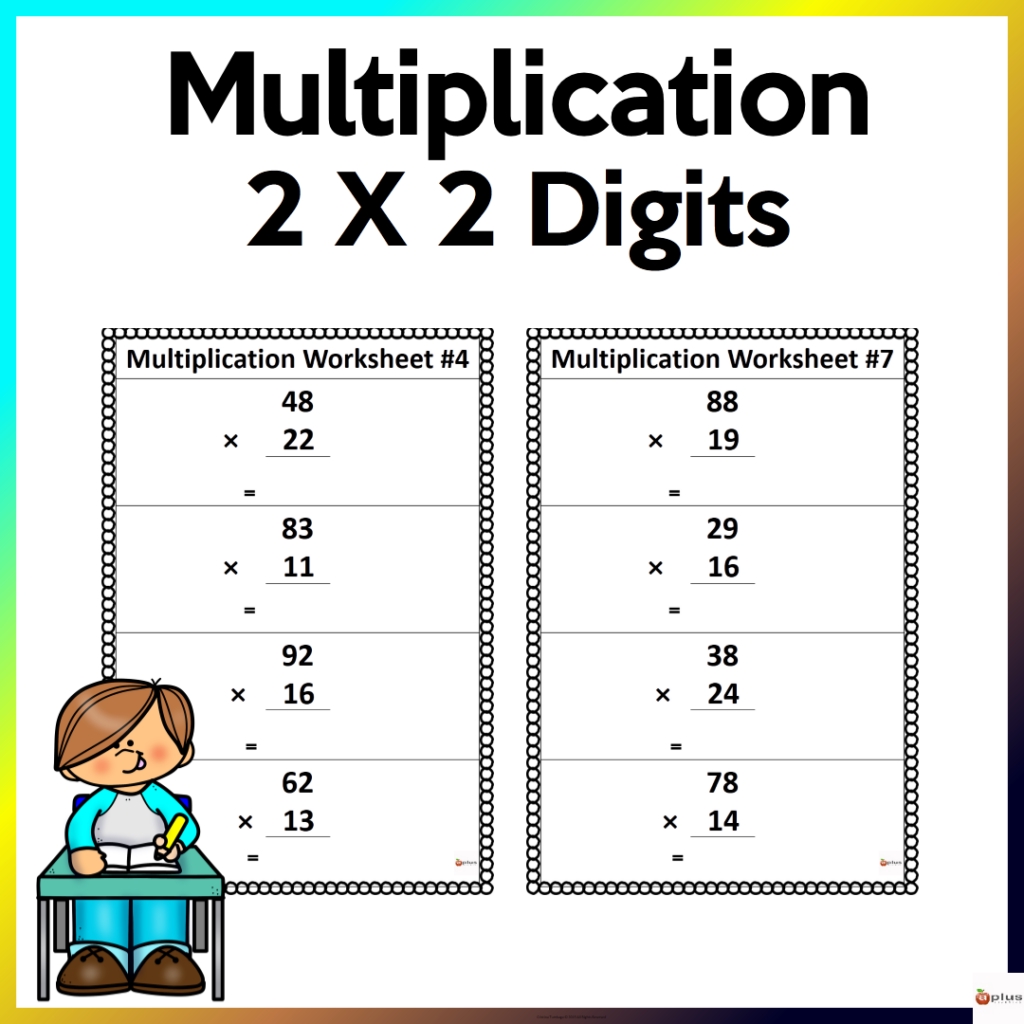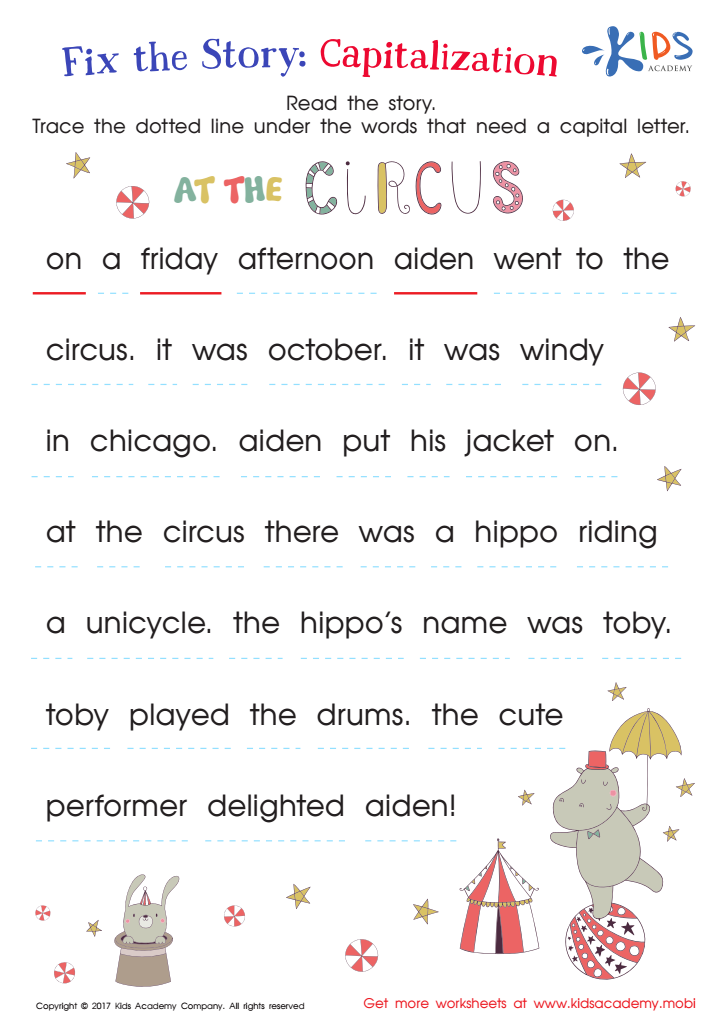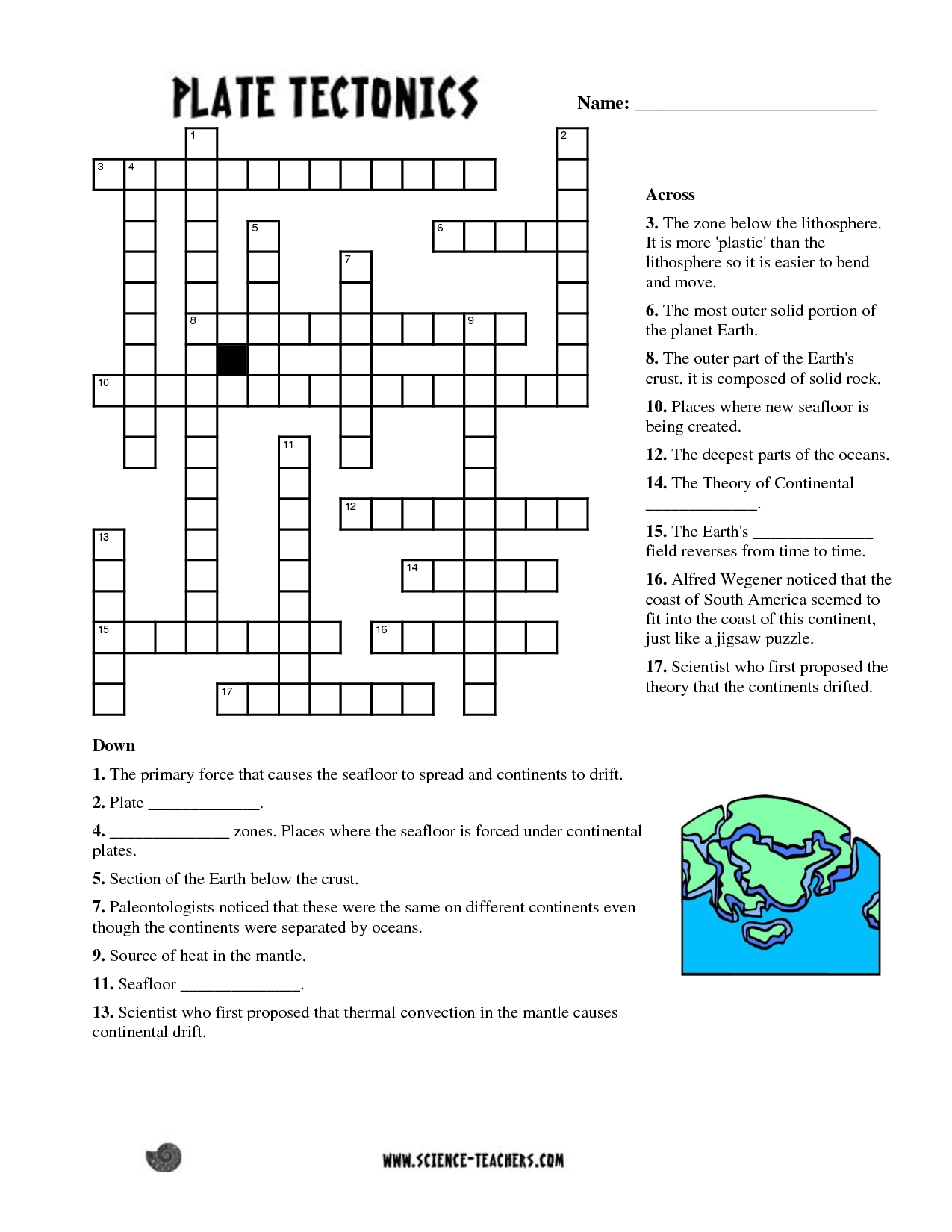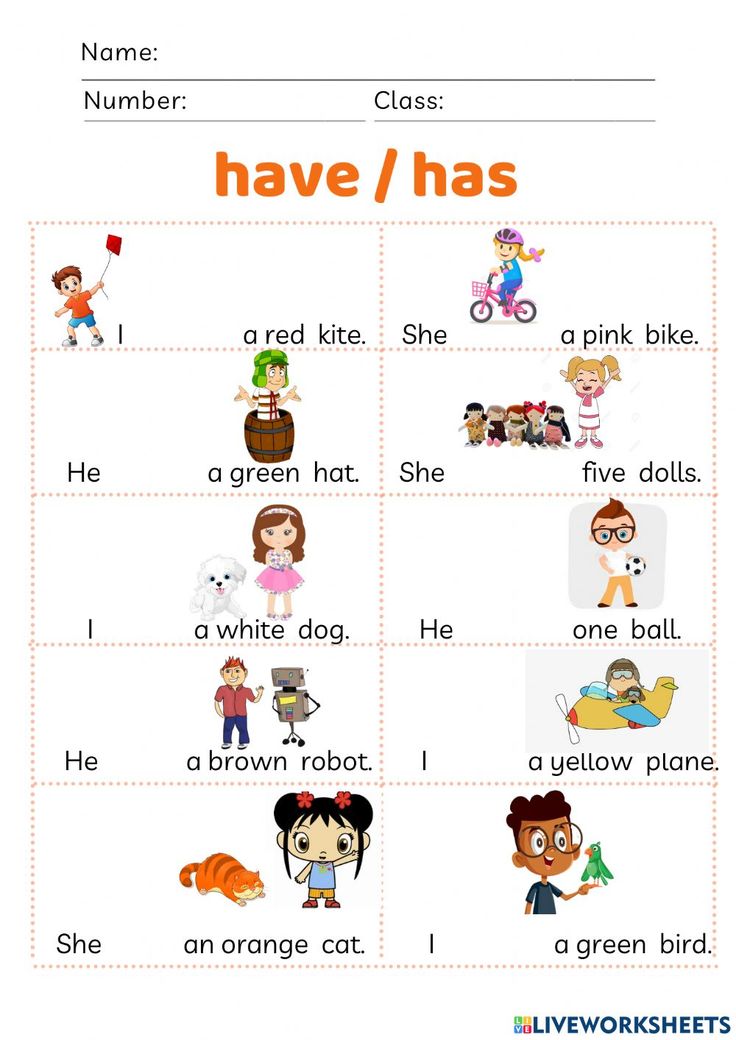Subordinate Conjunctions Worksheet: Mastering Clauses Made Easy
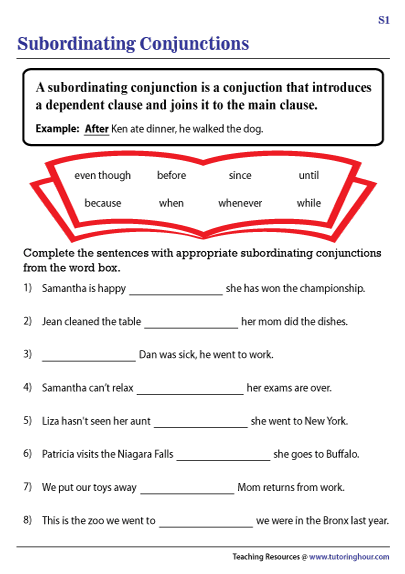
Understanding Subordinate Conjunctions: A Comprehensive Guide
Subordinate conjunctions are a crucial part of the English language, helping to create complex sentences and add depth to our writing and speech. In this article, we will explore the world of subordinate conjunctions, discussing what they are, how to use them, and providing a range of exercises to help you master their use.
What are Subordinate Conjunctions?
Subordinate conjunctions are words that connect two clauses together, indicating a relationship between them. They are called “subordinate” because they introduce a clause that is dependent on the main clause. In other words, the subordinate clause cannot stand alone as a complete sentence.
Some common examples of subordinate conjunctions include:
- Because: used to show reason or explanation
- Although: used to show contrast or surprise
- If: used to show condition or uncertainty
- Unless: used to show exception or requirement
- Until: used to show time or duration
- While: used to show time or contrast
How to Use Subordinate Conjunctions
Using subordinate conjunctions is relatively straightforward. Here are some general guidelines:
- Always use a subordinate conjunction to introduce a subordinate clause.
- Make sure the subordinate clause is dependent on the main clause.
- Use a comma to separate the subordinate clause from the main clause (in most cases).
- Use a subordinating conjunction to indicate the relationship between the two clauses.
Here are some examples:
- I went to the store because I needed to buy some milk.
- Although it was raining, I still went for a walk.
- I will go to the party if you invite me.
- I will not go to the party unless you invite me.
Exercises: Mastering Subordinate Conjunctions
Now that we have covered the basics, it’s time to put your knowledge into practice. Here are some exercises to help you master the use of subordinate conjunctions:
Exercise 1: Fill in the Blanks
Complete the following sentences with the correct subordinate conjunction:
- I will not go to the beach ____________________ the weather is good.
- ____________________ I studied hard, I still failed the exam.
- I will not eat the cake ____________________ I am on a diet.
- I will go to the movies ____________________ I finish my homework.
- ____________________ I am tired, I will still go to the party.
Exercise 2: Identifying Subordinate Conjunctions
Identify the subordinate conjunction in each of the following sentences:
- I went to the store because I needed to buy some milk.
- Although it was raining, I still went for a walk.
- I will go to the party if you invite me.
- I will not go to the party unless you invite me.
- I will not eat the cake until I finish my meal.
Exercise 3: Creating Sentences
Create your own sentences using subordinate conjunctions:
- Use the subordinate conjunction “because” to explain why you like a particular hobby.
- Use the subordinate conjunction “although” to contrast two ideas.
- Use the subordinate conjunction “if” to show a condition.
- Use the subordinate conjunction “unless” to show an exception.
- Use the subordinate conjunction “until” to show a duration.
📝 Note: Remember to always use a subordinate conjunction to introduce a subordinate clause, and make sure the subordinate clause is dependent on the main clause.
Common Mistakes to Avoid
Here are some common mistakes to avoid when using subordinate conjunctions:
- Using a subordinate conjunction without a main clause.
- Using a subordinate conjunction to introduce an independent clause.
- Forgetting to use a comma to separate the subordinate clause from the main clause.
Conclusion
Mastering subordinate conjunctions takes practice, but with these exercises and guidelines, you’ll be well on your way to becoming a pro. Remember to always use a subordinate conjunction to introduce a subordinate clause, and make sure the subordinate clause is dependent on the main clause.
What is the difference between a subordinate conjunction and a coordinating conjunction?
+A subordinate conjunction introduces a subordinate clause, while a coordinating conjunction introduces an independent clause.
Can I use a subordinate conjunction to introduce an independent clause?
+No, a subordinate conjunction should only be used to introduce a subordinate clause.
What is the purpose of a subordinate conjunction?
+The purpose of a subordinate conjunction is to introduce a subordinate clause and show its relationship to the main clause.
Related Terms:
- Adding conjunctions to sentences worksheets
- Subordinating conjunctions worksheet PDF
- Subordinating conjunctions worksheet Year 5
- Subordinating conjunctions Sentences Worksheet
